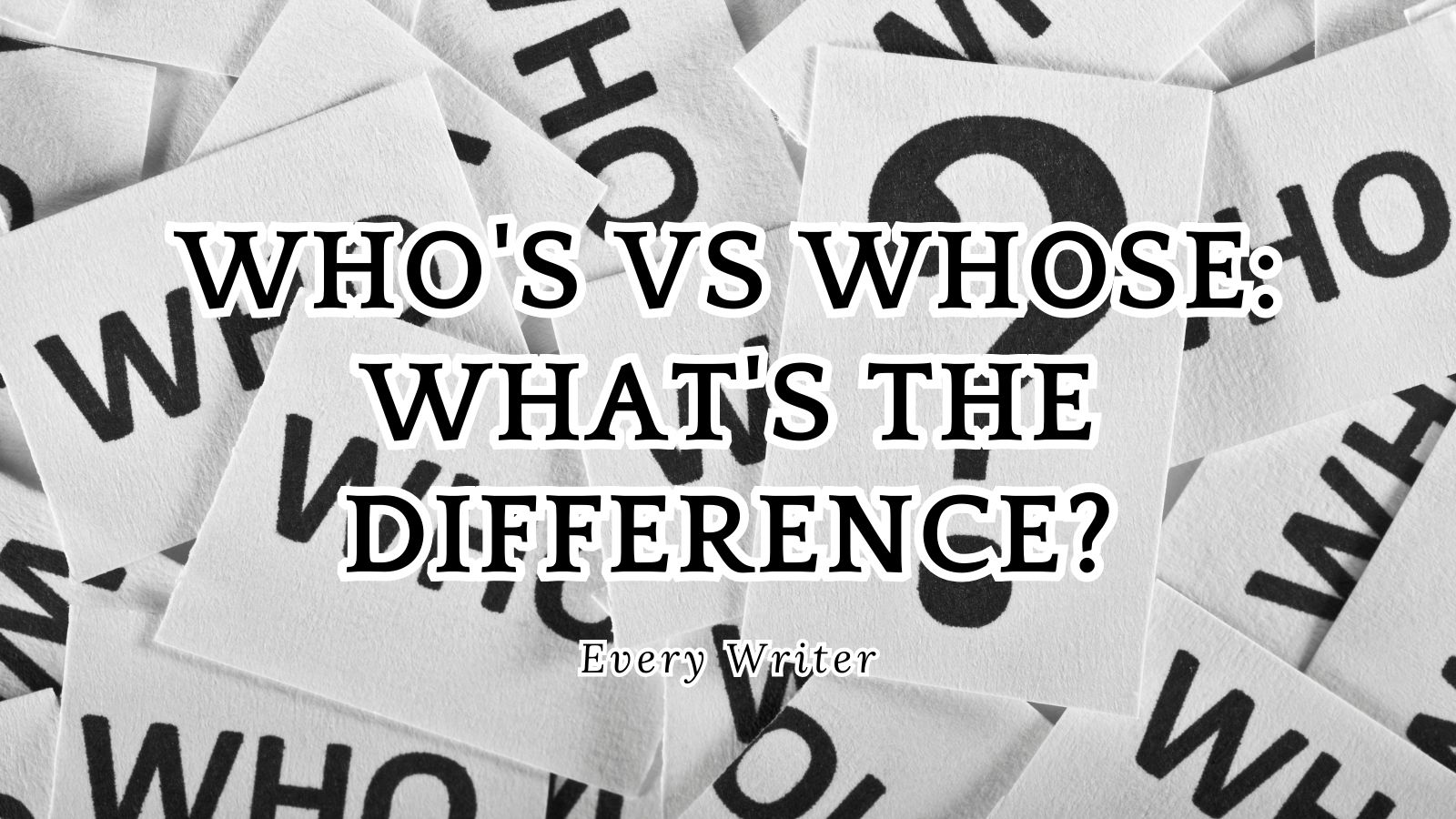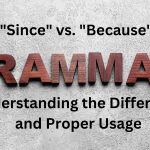Who’s vs Whose: What’s the Difference?
It’s a common grammar mistake – using “who’s” when you really mean “whose” or vice versa. These two words sound alike but have very different meanings and usages. In this post, I’ll explain the key differences between who’s and whose to help you avoid mixing them up.
Who’s
“Who’s” is a contraction that stands for “who is” or “who has.” You use it when you could rephrase the sentence to say “who is” instead.
Here are some examples:
- Who’s coming to the party tonight? (Who is coming to the party tonight?)
- Who’s eaten the last piece of cake? (Who has eaten the last piece of cake?)
- I wonder who’s taken my keys? (I wonder who has taken my keys?)
So if you can replace “who’s” with “who is” or “who has,” then you’re using the word correctly.
Whose
“Whose” shows possession or ownership. You use it to show that someone or something belongs to someone or something else.
Here are some examples:
- Whose coat is this? (Which person owns/possesses this coat?)
- Whose turn is it now? (Who is the owner of the next turn?)
- The actor whose movies I love is starring in a new film soon! (The actor that owns those movies I love…)
The key difference is that “whose” indicates belonging while “who’s” indicates “who is” or “who has.”
Common Confusion
Many writers struggle to remember when to use “who’s” vs “whose” because the words sound so similar. Here are two examples of this grammar mix-up:
Wrong: Whose coming to my party on Saturday?
Right: Who’s coming to my party on Saturday?
Wrong: She’s an actress who’s films have won many awards.
Right: She’s an actress whose films have won many awards.
See the difference? The “who’s vs whose” mistake completely changes the meaning!
So next time you write about who owns something (belonging), use “whose.” And when you write about someone doing an action (who is/has), choose “who’s.” Keeping their different usages separate in your mind will help avoid confusing them!
Etymology of “whose”
The word “whose” has its origins in Old English. It developed from the Old English “hwæs,” which was the genitive case of “hwā,” meaning “who.” In simple terms, the genitive case indicates possession. So essentially “hwæs” equated to “of whom” or “belonging to who.” Over time “hwæs” evolved into the modern “whose.” We still use it to show belonging to someone, as in “The student whose pencils were lost…”
Etymology of “who’s”
“Who’s” is a much more recent formation in the English language. It’s a contracted form that combines:
- “Who” (originating from Old English “hwā”)
- “is” or “has”
While the “who” in the contraction can be traced back to the same root word as “whose,” the addition of the conjugated verb (“is” or “has”) creates an entirely different meaning. “Who’s” translates to “who is” or “who has” instead of showing belonging.
So in summary:
- “Whose” comes from the Old English genitive case indicating possession
- “Who’s” is a contraction of the more modern “who is/who has” used for actions rather than ownership
Remembering the origins of “whose” versus “who’s” sheds some light on why we still have to carefully choose between them even centuries after these words emerged! The nuances between possession and description live on.
- 100 Screenwriting Ideas to Get You Writing - January 20, 2026
- 100 Winter Storm Writing Prompts - January 17, 2026
- 100 Haunted House Story Starters: Craft Your Scariest Tale Yet - January 10, 2026





It’s always helpful to understand the history and roots of words to use them accurately in modern contexts.